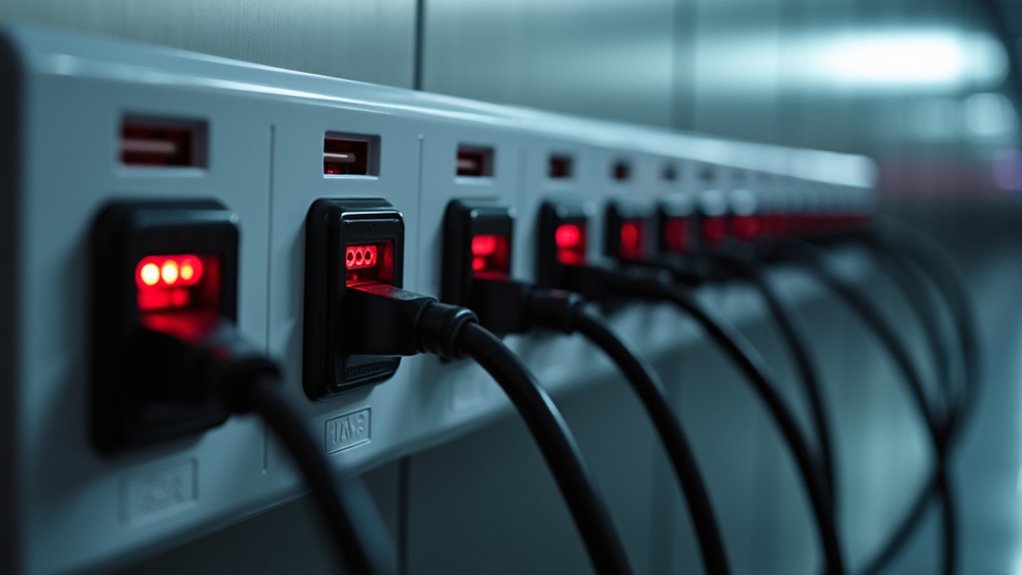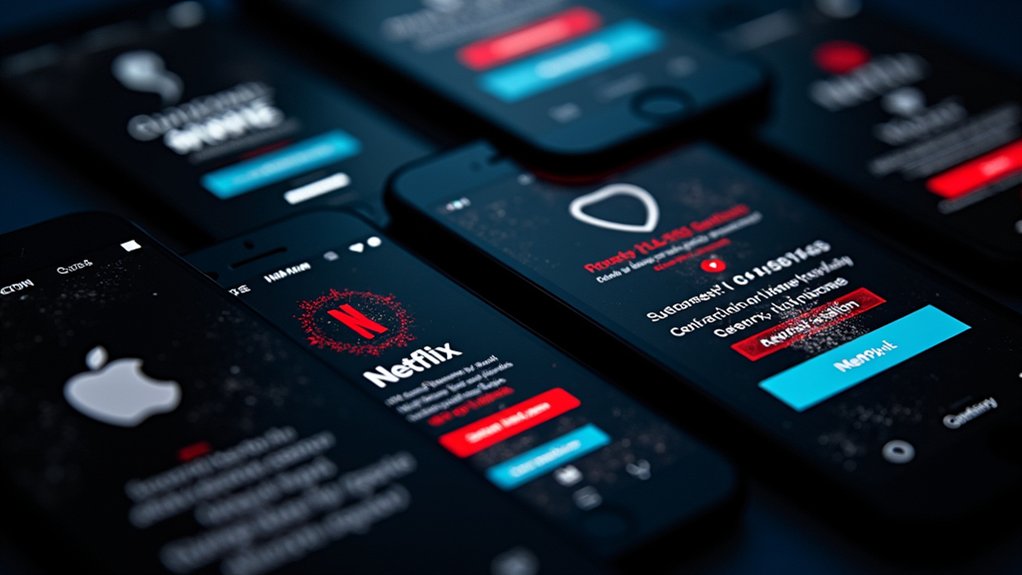The Transportation Security Administration has issued a public warning advising travelers to avoid plugging electronic devices directly into airport USB charging ports, citing potential cybersecurity risks from a hacking method known as “juice jacking.” The federal agency’s advisory, distributed through social media channels as summer travel season intensifies, warns that malicious actors can exploit public USB stations to install harmful software or steal sensitive data from connected smartphones, tablets, and laptops.
Juice jacking exploits USB technology’s dual capability for both power transfer and data transmission, allowing cybercriminals to modify public charging stations or cables. Once malware infiltrates a device, hackers can access sensitive information including passwords, emails, and banking credentials. The attack method capitalizes on the widespread reliance on public charging infrastructure in busy transportation hubs, where travelers frequently seek power sources for their electronic devices. Two-factor authentication adds an essential layer of security when accessing sensitive accounts while traveling.
Cybercriminals exploit USB ports’ dual power and data capabilities to steal passwords, emails, and banking credentials from unsuspecting travelers’ devices.
The TSA’s warning aligns with similar advisories previously issued by the FBI and Federal Communications Commission, demonstrating coordinated federal concern about this emerging threat. In spite of the warnings, cybersecurity experts acknowledge that no large-scale, confirmed juice jacking attacks have been publicly documented, making the TSA’s proactive stance particularly remarkable.
The agency recommends several alternatives to public USB ports, including TSA-compliant portable chargers, power banks, and personal charging cables used with standard electrical outlets. Most commercial aircraft now feature individual charging outlets, reducing passenger dependence on terminal charging stations. These personal charging solutions can pass through security screenings and provide power without cybersecurity exposure. Travelers are encouraged to carry portable chargers as a safer alternative to potentially compromised airport charging facilities. For added protection, security experts also recommend travelers switch off Bluetooth when not actively using wireless connections.
TSA officials likewise cautioned against using unsecured airport Wi-Fi networks, highlighting parallel risks during travel. Public wireless connections remain vulnerable to interception, enabling hackers to monitor online activity and steal transmitted data. The agency advises travelers to use cellular data or personal hotspots when accessing sensitive information.
The advisory represents broader federal efforts to improve cybersecurity awareness among travelers, particularly during peak travel periods when airport amenities experience increased usage. Although juice jacking incidents remain largely theoretical, the TSA’s warning reflects growing recognition that preventive measures must outpace threat development.
Federal agencies continue emphasizing traveler vigilance regarding evolving cyber threats, device security updates, and password protection as vital components of modern travel preparation.









